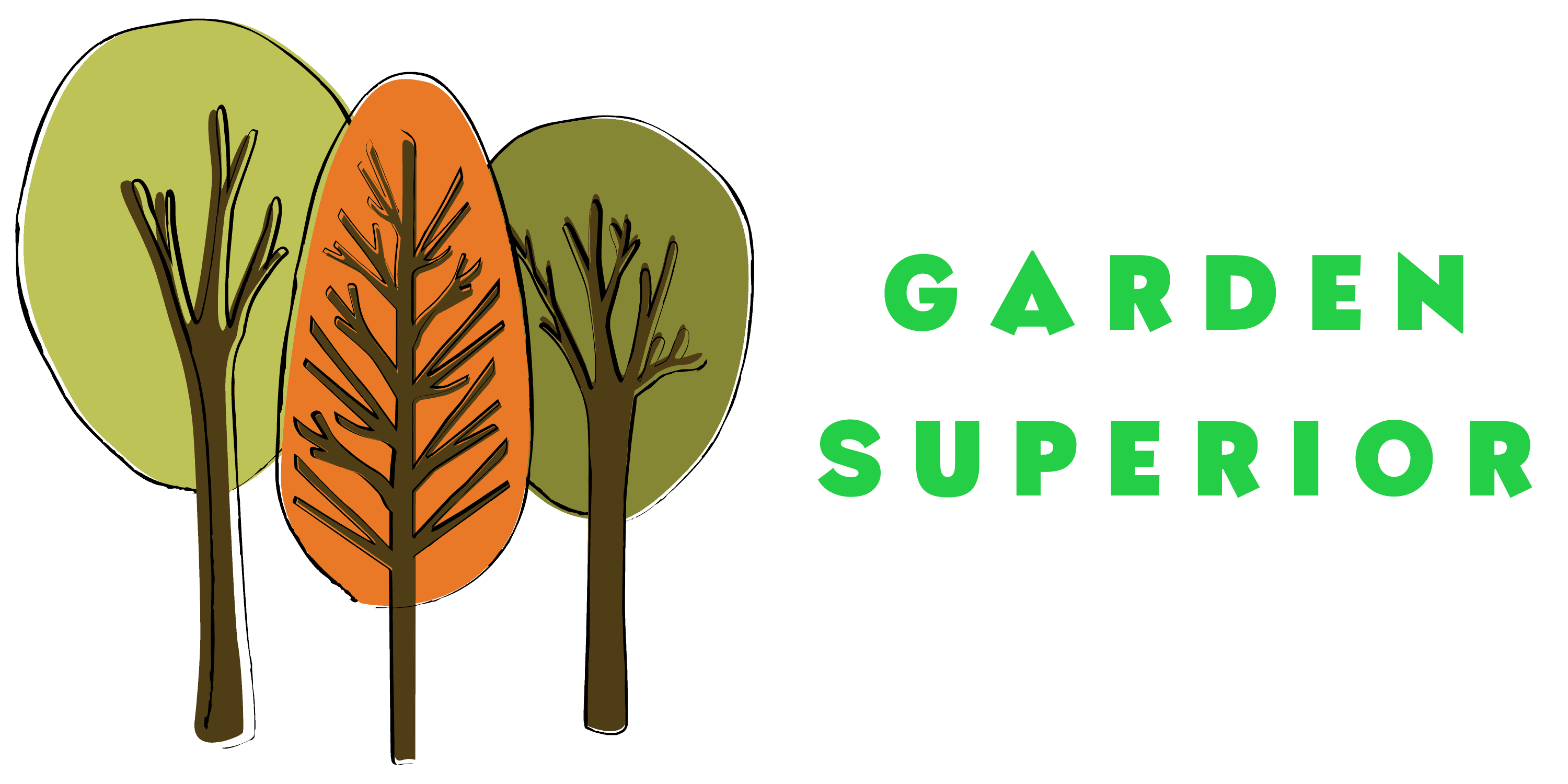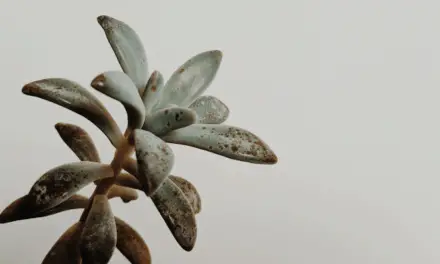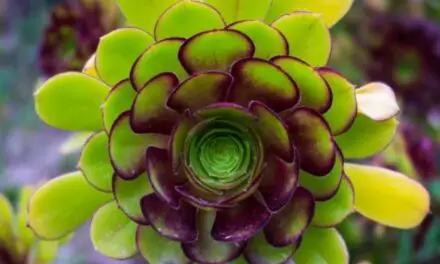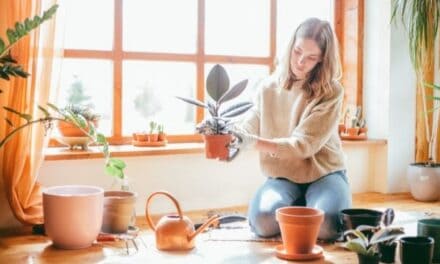Plants need a way to produce energy so they can carry out processes that are vital for them to grow and reproduce.
But how do plants get their energy?
Table of Contents
Do Plants Need Food?
Yes, plants do need food. A plant of any sort is a living thing and so like a human or animal, it needs food to produce energy and survive.
But plants don’t get food in the way that we do, they have a unique way of producing their food, which is more like a process.
What Food Do Plants Eat?
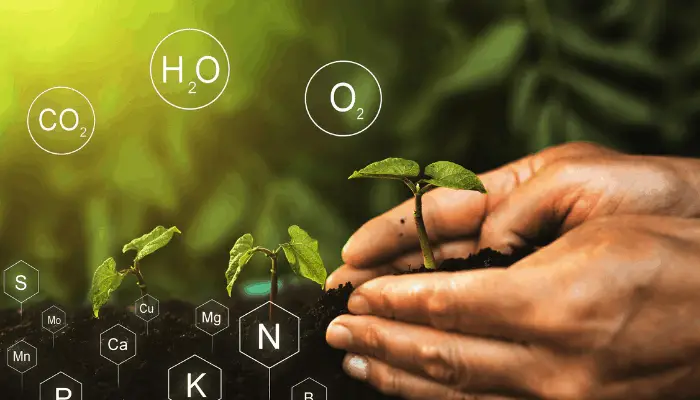
The food that plants eat after the process of photosynthesis is called glucose.
Plants eat glucose and store it as starch to carry out processes that are crucial for them to develop and reproduce.
Do Plants Get Hungry?
Plants do not get hungry in the tummy-rumbling sense as we do but they do show their hunger through their appearance.
A severe lack of food will show itself in the visual appearance of your plant – growth will be abnormal and stunted, and the leaves will begin to change color, wither and die.
Do Plants Get Their Food From The Soil?
Plants do not consume the soil.
And soil does not give plants the energy they need to grow and reproduce.
Soil gives plants nutrients, the support they need to anchor in the ground and stay upright, it also provides access to water and air through the plant’s roots.
Plants then produce their own energy through the process of photosynthesis.
Plants can actually grow without soil, but they will need something in place to hold them up.
They will also need the right amount of water, air, and nutrients that soil would otherwise provide.
How Do Plants Produce Food?
Interestingly, plants produce their own food and they do this through a process called “photosynthesis”, and it is a simpler process than it might first initially sound.
There are three main elements to this process.
- Firstly, a plant will trap energy from the sunlight in its leaves.
- Then, it will take up water through its roots from the soil, and carbon dioxide gas from the air.
- Using the energy trapped from the sun, the plant converts carbon dioxide and water into something called glucose, which ultimately is food for the plant.
By taking in the glucose as food, it helps the plant grow and ultimately stay alive.
Do My Houseplants Need Food?
It will probably be a bit of a different story if you’ve just received a succulent as a gift or decided to buy a cactus for a sunny window.
These plants still need food but require a different type of care.
For example, if you got some flowers to put in a vase, you will need to fill it up with water so your flowers will stay alive.
If you have a cactus, you need to give it water too, but rather than every few days you will need to give it roughly every 2 to 4 weeks, as too much water will make your cactus or succulent die.
If you want to get a new plant for the house, it is important to find out what kind of plant you have and see whether it needs any kind of special or different care.
Should You Fertilize Your Plant?
There is also the option of buying ready-made fertilizers, of which there are plenty of brands to choose from.
This is not necessarily ‘food’ for your plant, as the real food comes from glucose, which comes from photosynthesis.
However, fertilizers can definitely help your plant to thrive and live a long and healthy life.
On the other hand, you can also make fertilizer by yourself using natural ingredients.
Related Article: What’s The difference Between Fertilizer And Compost?
Can I Make My Own Fertilizer?
You absolutely can make your own Fertilizer, but I’ll hold off on suggesting an exact recipe because it may not suit the exact species of plant you have.
In general, consider making it from waste including compost, eggshells, aquarium water, wood ash, chicken, or rabbit manure, and much more.
There are plenty of ‘recipes’ on making your own fertilizer at home for specific plants.
Not only is it good for your plant, but you are reducing your waste too, making it good for the environment.
Does Talking To Your Plants Help Them Grow
It might sound crazy, but plants are living things too, and they require at least some attention, just like us.
Expressing good vibes towards your plant, talking to it, being gentle with it, or maybe exposing it to some music will have a positive impact on its life span and growth.
Specifically, when it comes to talking to plants, research has shown that this definitely improves a plant’s growth.
If there’s no one around to give me the crazy eyes, I’ll take a couple of minutes to talk to my plants.
Additional fun fact, a female voice has proven to be more effective when it comes to growth than a male voice.
So definitely no shouting or arguing Infront of your plants.
Next to this, regular exposure to sunlight is helpful too.
Your own plant will have its own specific need for sunlight.
but at least allow your plant to get lots of indirect sunlight until you find out what its exact needs are.
Think of placing your plant close to a window or in a (half) open space, rather than a dark enclosed room, for example.
Final Thoughts
To summarize, yes, plants do need food.
Through the help of sunlight, carbon dioxide, and water they create glucose and make their own food to ensure growth and staying alive.
Food is not so much something you as a plant owner should be worried about, however, there are ways to make your plant thrive and live as long as possible.
One of these is making sure your plant has the right amount of water that it needs, depending on what kind of plants it is.
Giving it an extra boost by either buying or making your own fertilizer certainly will help your plant to produce the energy it needs to ensure a longer lifespan.
Lastly, talking to your plant and giving it that extra bit of attention has been shown to boost its growth too.
